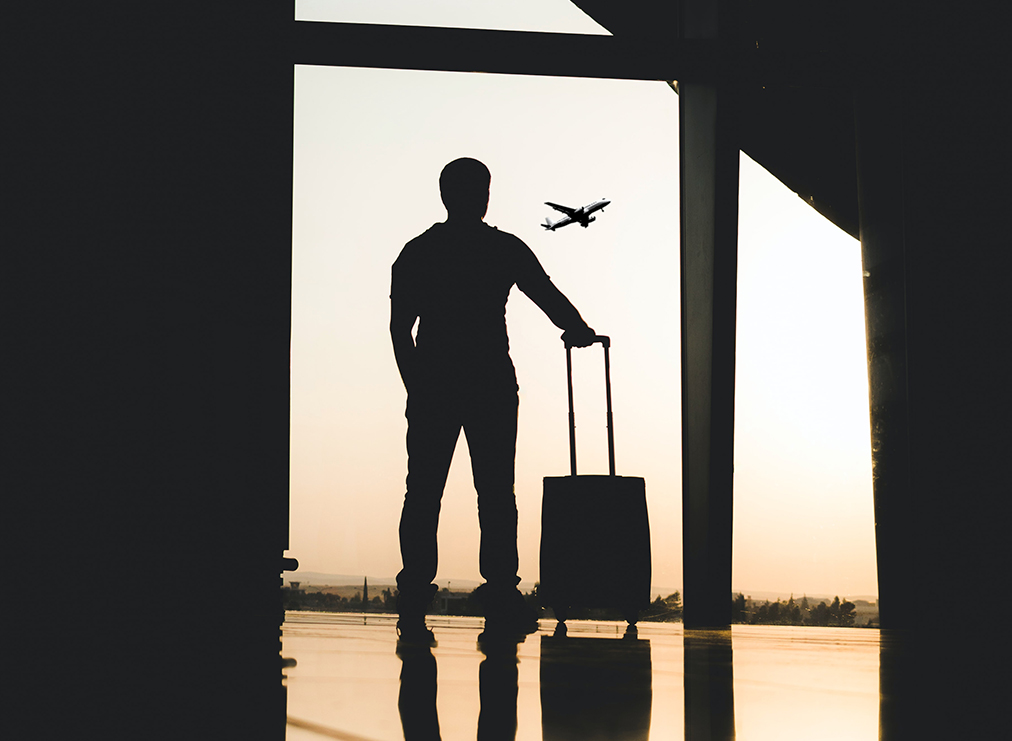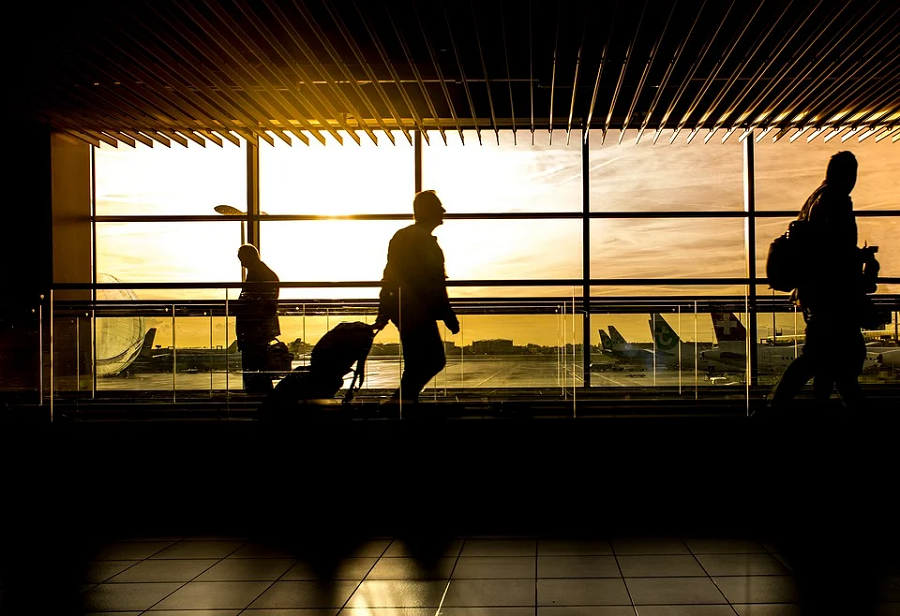Business travel is undoubtedly one of the biggest industries across the world. As a matter of fact, CNN states that the travel industry commands around a whopping $5.7 trillion in revenue year after year, providing millions of jobs around the globe.
However, the coming of the virus pandemic has drastically changed the sector, with numerous travel restrictions, posed left and right – and with good reason. Because of this, business travel as we know it has come to a standstill.
With the world shutting its doors and closing off its borders due to the pandemic and the increasing number of cases, business travel alongside the overall travel industry is slated to undergo a massive change. Take a look at how much the sector has suffered and what the future of travel looks like.

Pandemic Travel: Current Landscape and Restrictions
With the coming of the virus pandemic, experts say that the travel sector is expected to take a hit amounting to $820 billion. China alone is expected to account for approximately half of this amount.
Besides restrictions from the World Health Organization (WHO), the Centers for Disease Control and Prevention (CDC), and countries themselves, companies and enterprises alike have taken the initiative to ban business travel in the meantime.
Instead, most firms have taken on a remote work setup to secure the safety and protection not just of the company, but also its employees. Among the huge companies that employed this work-from-home policy are Google, Zillow, Reuters, and Twitter, with most suspending pandemic travel.
Besides huge corporations issuing a work-from-home mandate, airlines have also limited both local and international travel to prevent further spread of the virus. Among the most hit locations include no other than Asian countries such as China, Hong Kong, Japan, Taiwan, and other Asia-Pacific destinations.
European countries are not spared from airlines canceling trips and other travel restrictions. Italy, France, the United Kingdom, and other nations have also been badly hit by the pandemic.
With airlines and hotel industries at the receiving end of the spectrum, it cannot be denied that these sectors have taken a huge blow, especially when they have benefitted from the boom of business travel over the years.
Retail establishments, as well as restaurants, have also suffered from the pandemic. Most of these sectors have started laying off employees to allay the effects of the lack of business travel amid the pandemic.
As more companies are turning to a remote work setup, so are a slew of major conferences, trade shows, and other similar events have also been canceled. All of these are tell-tale signs that business trips will be a thing of the past, for now, to prevent putting employees in harm’s way.
The economic impact of companies lessening its business trips has triggered a sort of recession, with a slump expected to continue at least by the end of 2020.
Future of Business Travel
With safety a main concern for all companies and travelers alike, it’s safe to say that pandemic travel will remain in the backseat for now, with many employees and workers themselves voluntarily staying at home and even canceling trips to avoid getting the virus.
While the travel industry is resilient and will surely make a strong come back in the future, how individuals navigate the landscape will surely change. For one, there will be more precautionary measures in place as well as more contact tracing methods.
More companies, as well as establishments, will also be forced to adapt to a “new normal,” such as constant temperature checks, adhering to social distancing protocols, and much more.

The Bottom Line
The travel industry and the overall business travel landscape today may seem bleak, with many countries yet to find a cure or a means to contain the virus. However, with people’s desire to travel outweighing the general trajectory, experts predict that it will be business as usual soon.
Also Read: Reasons to Experience Enchanted Rock Camping in Texas







